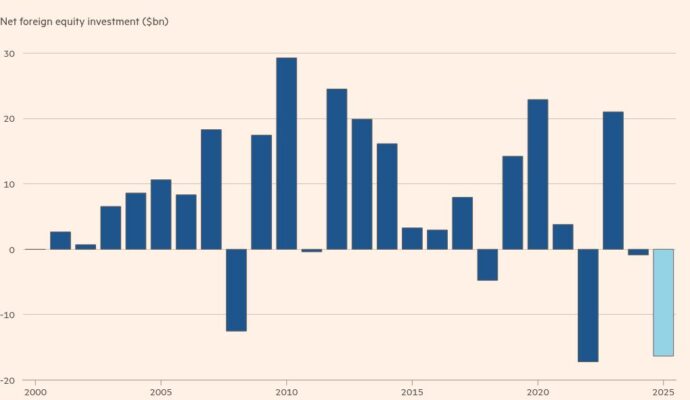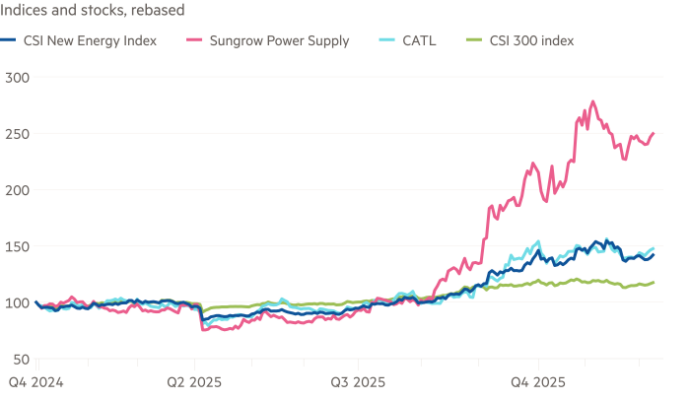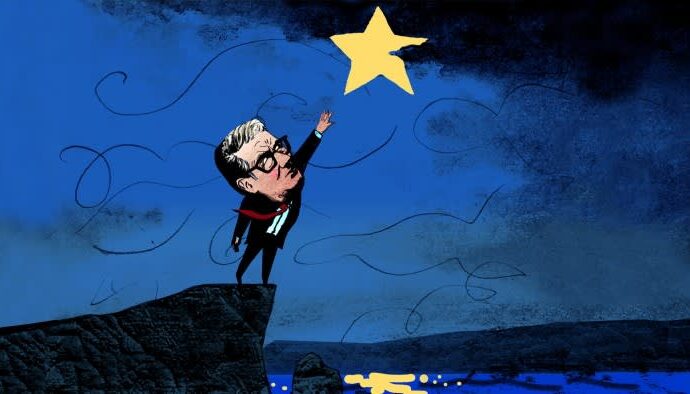Unlock the Editor’s Digest for free
Roula Khalaf, Editor of the FT, selects her favourite stories in this weekly newsletter.
The Dalai Lama has said that the Tibetan Buddhist community he leads has the “sole authority” to recognise his future incarnation, asserting control over a politically contentious succession process that China has also sought to claim.
The spiritual leader, who will turn 90 on Sunday, said that he expected the role he occupies to continue after his death. He was speaking at a religious conference in McLeod Ganj, the headquarters of the exile community he leads in northern India.
In a statement published on his website, the Dalai Lama said on Wednesday that, in over 14 years of deliberations, he had received appeals from exiled Tibetans and other Buddhist communities “earnestly requesting that the institution of the Dalai Lama should continue”.
“I have received messages through various channels from Tibetans in Tibet making the same appeal,” he said. “In accordance with all these requests, I am affirming that the office of the Dalai Lama will continue.”
The statement added that his office had the “sole authority to recognise the future reincarnation” that will determine his successor.
The Dalai Lama fled China in 1959 following a failed uprising against repressive Chinese rule centred in Lhasa, the regional capital. He settled with his followers in India, which gave him asylum.
In 2011, he said that when he was “about 90”, he would “re-evaluate whether the institution of the Dalai Lama should continue or not”.
The comments stoked speculation that the Tibetan spiritual leader, the 14th to hold the role, might weigh in himself on the location, timing, or identity of his successor, or even declare that he would not be reincarnated at all, signalling the end of the centuries-long religious and political lineage.
The Dalai Lama’s remarks on Wednesday will heighten tensions with Beijing, which has claimed that succession should be decided within China’s borders, and has established its own mechanism for doing so.
Any dispute over the Dalai Lama’s reincarnation could draw in India, which hosts the exiled Tibetan leader and his followers, as well as the US, which has spoken up in the past in defence of Tibetans’ rights.
During President Donald Trump’s first term in 2020, the US passed the Tibetan Policy and Security Act, which supported the succession of the Dalai Lama as a matter solely for Tibetans.
Under a “middle way”, Dalai Lama advocates for autonomy for Tibet inside China, rather than outright independence. Beijing insists that the region is an integral part of its territory.
The Dalai Lama also ceded political responsibility for the community to an elected government in exile in 2011.
Ahead of this week’s conference and Sunday’s birthday observances, Tibetan exile leaders and foreign Buddhist adherents have been arriving in McLeod Ganj, near Dharamshala in India’s northern Himachal Pradesh state.
US actor Richard Gere was due to attend as a special guest at an International Tibet Youth Forum that opens on Thursday.


